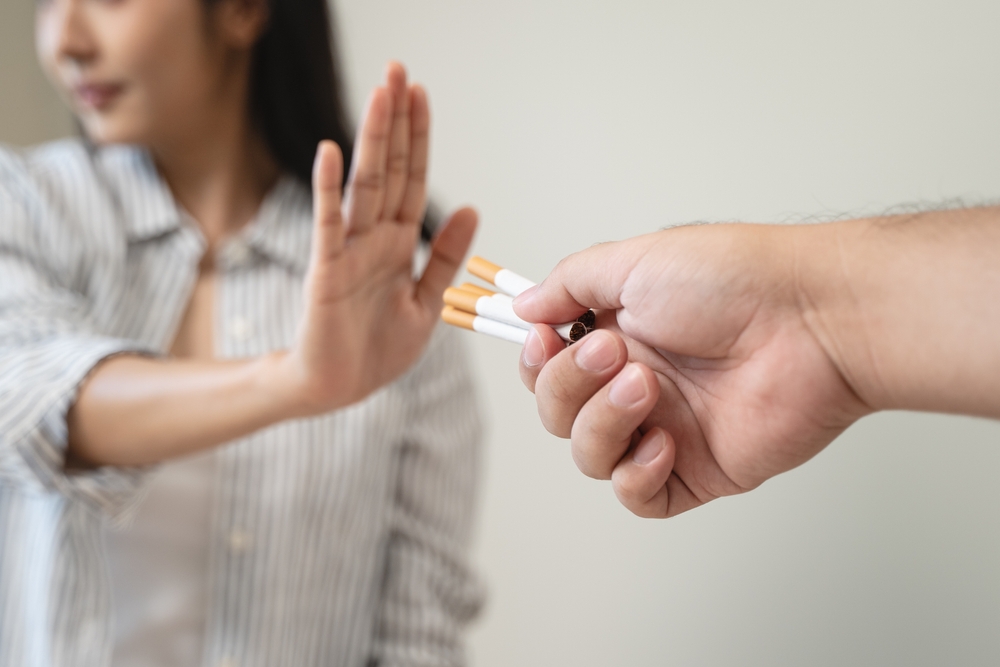Published 01 April 2025
Effective Substance Abuse Therapy Techniques for Long-Term Recovery
Long-term recovery from addiction is achievable with evidence-based therapies addressing emotional, behavioral, and psychological aspects. This guide highlights effective techniques that foster healing, resilience, and sustainable sobriety.
- Abuse
- Treatment
- Sobriety

Introduction
Breaking free from substance abuse is not just about quitting—it’s about building a foundation for lifelong recovery. Many individuals battling addiction experience cycles of relapse, frustration, and hopelessness. However, with the right therapy techniques, long-term recovery is not only possible—it’s attainable.
If you or a loved one are searching for evidence-based substance abuse therapy methods, this guide will walk you through the most effective techniques that promote healing, resilience, and lasting sobriety.

The Core of Substance Abuse Therapy: A Holistic, Multi-Faceted Approach
Effective therapy for substance abuse is more than just detox—it’s about addressing the psychological, emotional, and behavioural aspects of addiction. Comprehensive recovery plans typically include a combination of therapies tailored to an individual’s needs.
1. Cognitive Behavioural Therapy (CBT): Rewiring Negative Thought Patterns
- Recognizing triggers and cravings before they escalate.
- Developing healthier coping mechanisms to replace substance use.
- Strengthening problem-solving skills to manage stress and emotional distress.
- Reinforcing positive behaviours that promote long-term recovery.
2. Motivational Interviewing (MI): Strengthening the Desire for Change
- Open-ended questions to explore an individual’s values and goals.
- Reflective listening to validate emotions and struggles.
- Reinforcing self-efficacy by highlighting past successes.
- Helping individuals commit to specific, achievable steps in their recovery journey.
3. Contingency Management (CM): Rewarding Progress and Commitment
- Providing tangible rewards for meeting recovery milestones.
- Reinforcing abstinence with immediate, positive incentives.
- Encouraging consistent engagement in therapy and treatment programs.
4. Group Therapy: Finding Strength in Shared Experiences
- A sense of community—knowing they are not alone.
- Peer encouragement to stay committed to recovery goals.
- Learning from others' successes and setbacks.
- Practicing healthy social interactions and communication skills.
5. Medication-Assisted Treatment (MAT): A Science-Backed Approach to Recovery
- Methadone – Reduces withdrawal symptoms and cravings for opioid addiction.
- Buprenorphine – Helps suppress cravings and minimizes withdrawal effects.
- Naltrexone – Blocks the euphoric effects of alcohol and opioids, reducing the desire to use.
6. Trauma-Informed Therapy: Healing the Root Causes of Addiction
- Understanding how trauma fuels substance dependence.
- Developing coping mechanisms to address painful memories without self-medicating.
Long-Term Recovery: Building a Future Beyond Addiction
- Establish a structured daily routine to minimize triggers and distractions.
- Engage in healthy activities like exercise, mindfulness, or creative hobbies.
- Surround yourself with supportive people who encourage your sobriety.
- Continue attending therapy or support groups to reinforce coping strategies.
- Set realistic, achievable goals to build confidence and purpose.
Lumen Christi— The Guidance You Need
Overcoming substance abuse is not about willpower alone—it’s about having the right tools, strategies, and support to sustain recovery. At Lumen Christi, our team of health professionals have scientifically proven, evidence-based strategies toward lasting healing and fulfillment. Click here to take the first step toward a healthier future, by exploring how we can support your path forward. Quickly book an appointment with one of our therapists now!